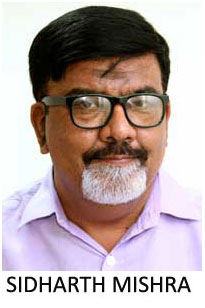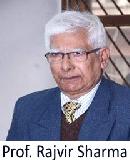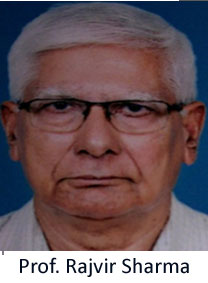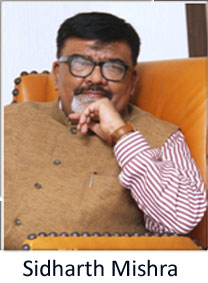In about a week’s time the keenly contested elections to the Delhi University Students Union of (DUSU) would take place. The direct elections to the students’ body started in the 1970s, sometime before the Emergency and has largely witnessed keen contest between the Congress-affiliated National Students Union of India (NSUI) and the Rashtriya Swayamsewak Sangh-sponsored Akhil Bharatiya Vidyarthi Parishad (ABVP).
There have been times when some other political forces have entered the fray and have had some impact but then those have been more or less cases of aberration than any trend. This time around too, the students’ arm of the ruling Aam Aadmi Party (AAP), Chatra Yuva Sangharsh Samiti (CYSS) has entered the fray after a gap, albeit in alliance with the All India Students Association (AISA), which is closely identified with the banned Communist Party of India (Maoist).




